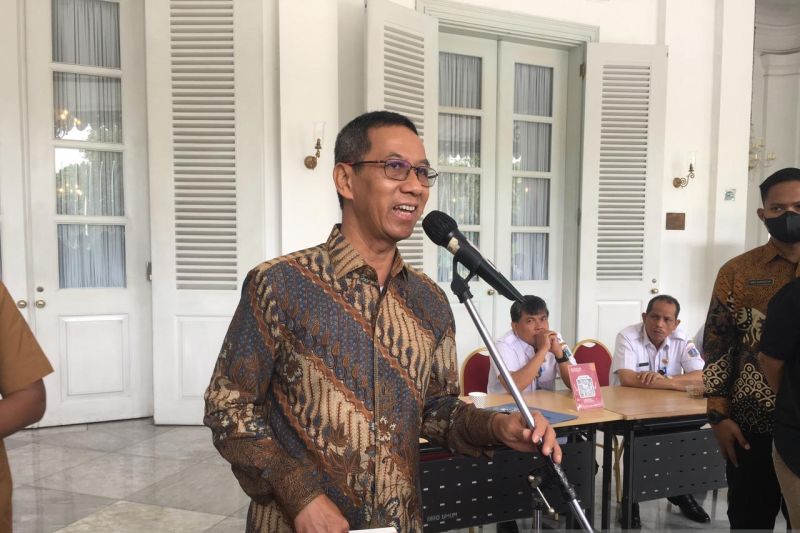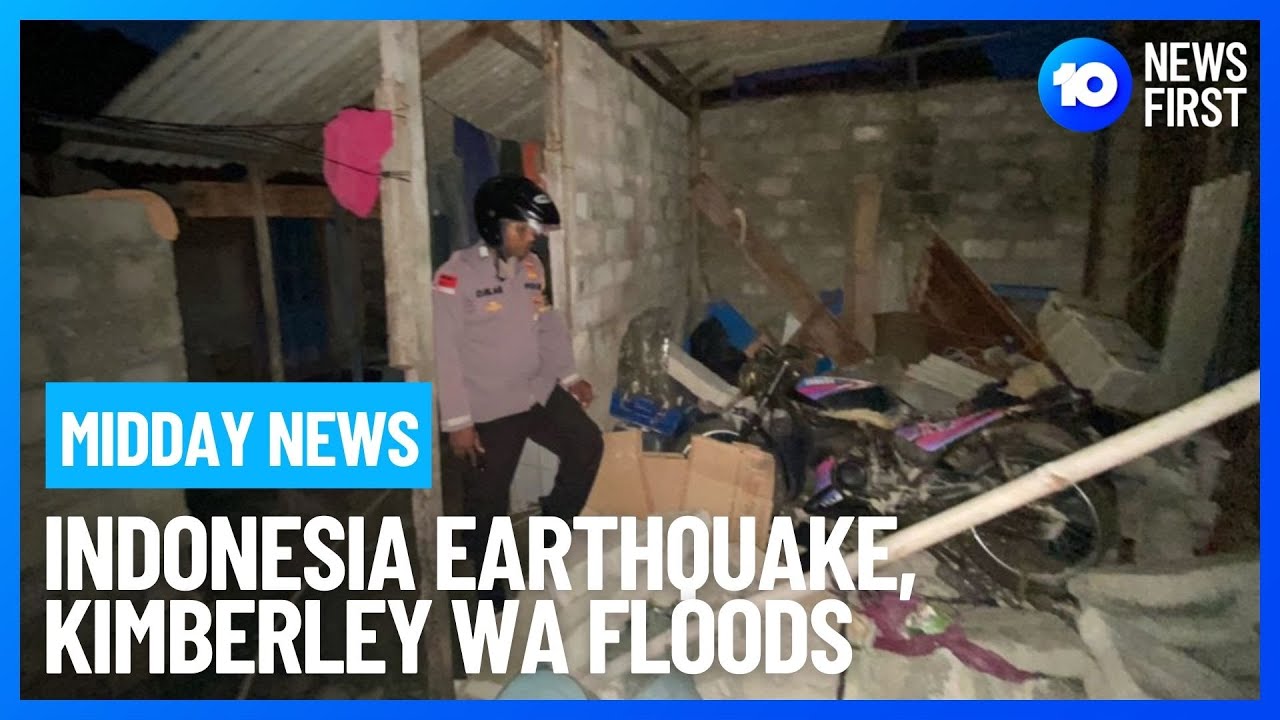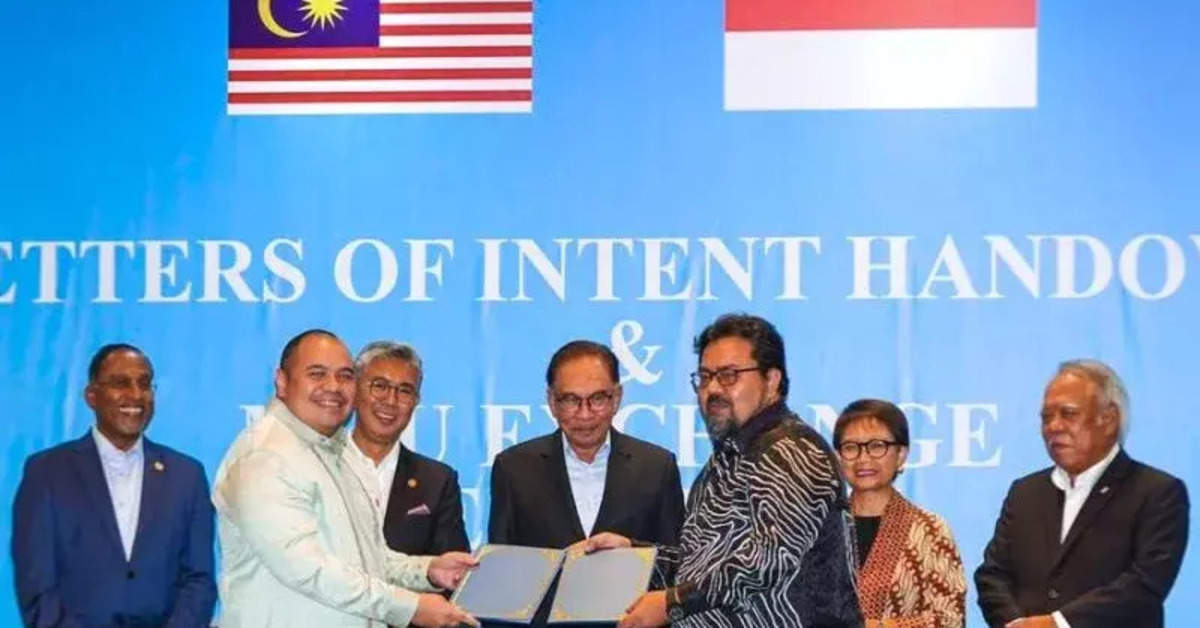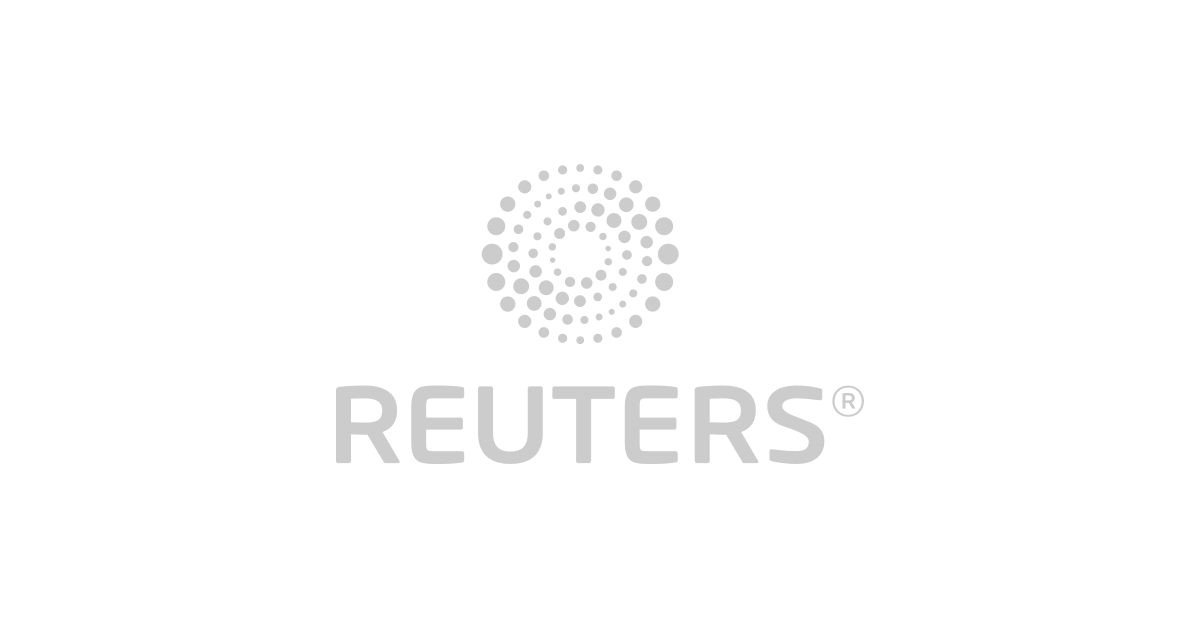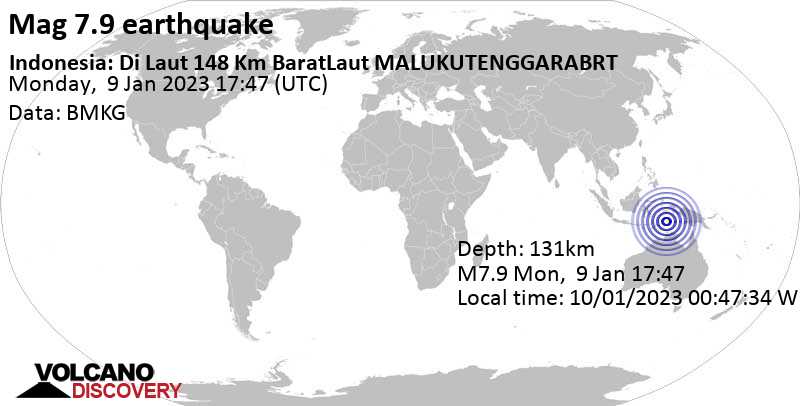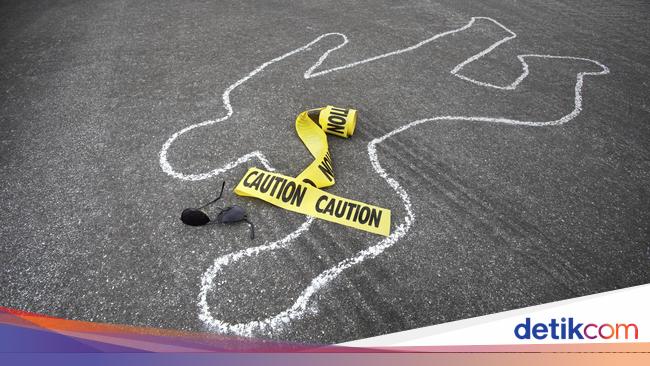“I could not inform (about) the (final) fee yet, as further discussion with the central authority is needed,” Hartono stated at the Jakarta City Hall, Wednesday.
Deliberations into the detailed ERP tariff is the next step after the completion of the regulation legalizing the scheme this year, he added.
Earlier, Jakarta Transportation Office Head Syafrin Liputo said his side proposed the range of the ERP tariff at Rp5-19 thousand according to the types of vehicles.
Based on the agency’s presentation during the meeting on Electronic-based Traffic Control Bill with the Jakarta Legislature (DPRD) commission in October 2022, the ERP tariff would be divided according to vehicle types.
Moreover, the classification would consider the effectiveness of traffic congestion control, road traffic performance, and the effectiveness of mobility shift from private vehicles to means of public transportation.
The final fee would also consider continuity and development of traffic control, willingness and capability of payers, government policies, and the overall system cost.
Meanwhile, an exception to the ERP tariff would apply to electric vehicles, public transportation, government vehicles, and police and military vehicles with non-public plates.
According to the bill, foreign diplomatic corps vehicles, ambulances and hearses, and firetrucks would also be exempt from the ERP tariff.
The passing of the bill on ERP tariff imposition would be followed by the issuance of relevant governor regulations.
The acting governor said that the regulation as well as the parties that would operate and manage the ERP scheme implementation would be discussed with the Jakarta DPRD.
“We still have seven steps that would be discussed in 2022 and continued in 2023,” Hartono remarked.
Related news: Ensure environmental sustainability in building public infrastructure
Related news: Police predict 25% increase in vehicle volume on Puncak Line
Related news: Jakarta plans to use AI to ease traffic congestion





















